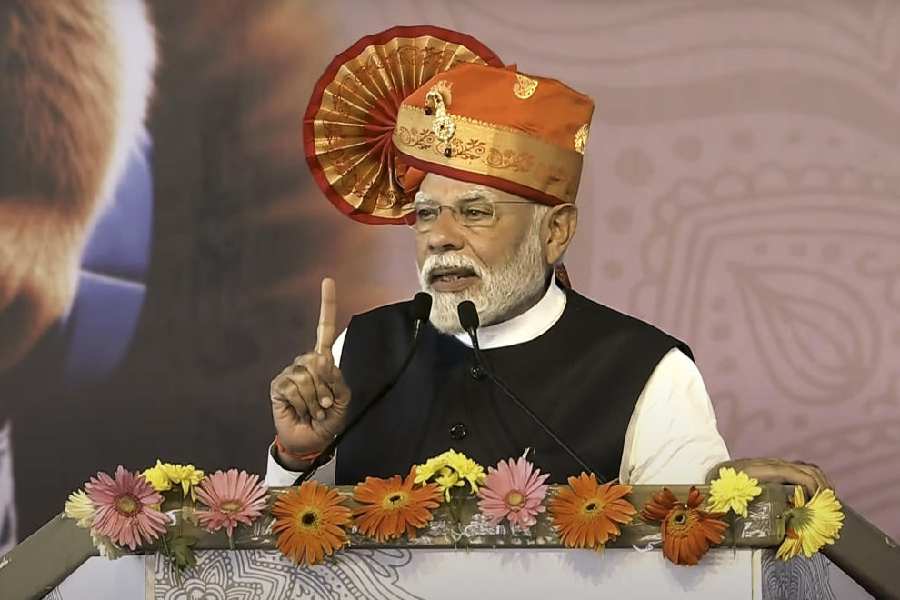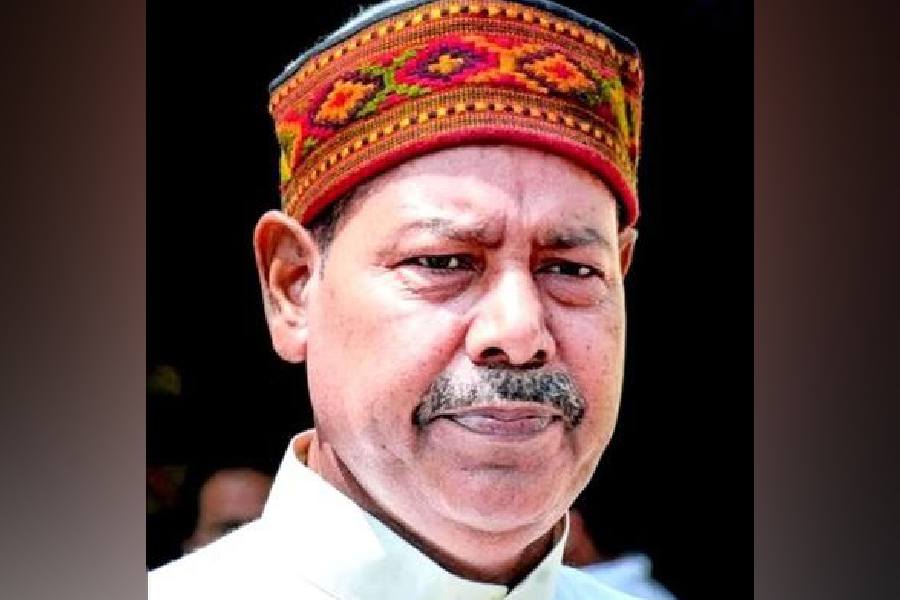The divine right of a ruler is familiar where kings reign. Yet it may not be surprising that the supporters of the temple in Ayodhya should welcome with enthusiasm the awakening of the ‘divine consciousness’ in the prime minister, Narendra Modi. He is perceived as a hero, a saviour — from non-believers? — or at least a larger-than-life leader. So when Mr Modi claims that he is the chosen ‘instrument’ of god representing all the people of India during the consecration of the temple — a job for spiritual leaders — he has many adoring consumers. What is puzzling, though, is the silence of the rest of the huge population that Mr Modi claims to represent with what is, in effect, the divine right accorded to royalty. For the prime minister to have risen to this peak, he had to continue to project heroism and an image of unilateral leadership while overseeing the merging of politics with religion. This was possible because there was never adequate resistance to the ceaseless assaults on democratic principles and their consequent erosion necessary for the process.
An uncertain understanding of democratic rights by many might be part of the reason for the lack of protest. That is not surprising in a country in which governments in turn have failed to educate a large part of the population. But as important, if not more so, is the role of religion in people’s lives. Bhakti or devotion is a natural response for many belonging to the majority community; surrendering independent thinking and rights to a perceived leader is almost automatic. Gigantic cutouts of powerful politicians in the states express this sentiment, as the remarks of the Malayalam writer, M.T. Vasudevan Nair on ‘hero-worship’ suggested recently. But this is far from a contemporary phenomenon. B.R. Ambedkar emphasised this danger to democracy as early as during the making of the Constitution, saying that bhakti, the path of devotion or hero-worship, plays a far greater part in the politics in India than in any other country. Ambedkar advised caution. Yet today, Indian democracy is poised at a brink, for Indians have been incautious, careless of the great legacy that was won with such pain and struggle. To ensure that Ambedkar’s fears do not come true, the people have a duty to defeat the forces out to destroy this legacy.











